Sleep plays a crucial role in our overall well-being and health. In this post, we will focus on the most important aspects of healthy sleep habits and give you valuable tips on how to optimize your sleep.
1. What are the main benefits of healthy sleep habits for the body and mind?
Healthy sleep habits not only benefit your physical health, but they also have far-reaching benefits for your mental health. They improve memory, increase creativity, reduce the risk of depression and help reduce stress. On the physical side, they help strengthen the immune system, promote muscle regeneration and can even help control weight.
2. On average, how many hours of sleep should a person get per night?
The average sleep duration varies depending on age and individual needs. However, for most adults, sleep experts recommend between seven and nine hours of sleep per night.
3. What are the negative effects of inadequate or excessive sleep?
Both inadequate and excessive sleep can lead to a number of health problems. Lack of sleep can lead to memory problems, reduced immunity, weight gain and mood swings. However, excessive sleep can also cause health problems, including heart disease, diabetes and increased mortality.
4. What steps can be taken to promote a healthier sleep cycle?
Establishing a regular sleep cycle is a crucial factor for healthy sleep. Try to go to bed and wake up at the same time every day to regulate your body clock. Avoid naps, especially in the afternoon and evening, as they can disrupt your sleep cycle.
5. How to manage or prevent nighttime insomnia?
Insomnia can be challenging, but there are strategies that can help. Diet changes, physical activity, and relaxation techniques can help combat insomnia. However, if insomnia becomes chronic, you should see a doctor.
6. How do diet and exercise affect sleep quality?
Diet and exercise play a crucial role in promoting healthy sleep habits. A balanced diet helps regulate blood sugar levels and avoid waking up at night. Regular physical activity can help improve sleep quality and shorten bedtime.
7. How can relaxation techniques and sleep rituals contribute to better sleep?
Incorporating relaxation techniques and sleep rituals into your evening routine can help prepare the body for sleep. This may include yoga, meditation, breathing exercises, or reading a book.
8. How to create a sleep environment that promotes healthy sleep?
Your sleep environment can have a significant impact on the quality of your sleep. A clean, quiet, dark and cool room can contribute to better sleep . Invest in a good mattress, comfortable bedding, and maybe even blackout curtains or a sleep mask.
9. What role do electronics (smartphones, tablets, TV, etc.) play in sleep problems and how can they be minimized?
Electronic devices , especially screens, can significantly impact sleep quality. The blue light they emit can inhibit the production of melatonin, the sleep hormone. It is recommended to turn off electronic devices at least an hour before bedtime.
10. What are the signs of sleep disorders and when should you see a doctor?
Some signs of sleep disorders include persistent insomnia, excessive daytime sleepiness, loud snoring, pauses in breathing during sleep, and restless legs. If you notice one or more of these symptoms, you should see a doctor.
Tips for a restful sleep
A refreshing sleep is an essential pillar of our health and well-being. The following tips can help you cultivate healthy sleep habits and achieve more restful sleep.
- Build consistency in your sleep schedule:
Aim to go to sleep and wake up at the same time every day. A consistent routine can help your body establish a stable sleep-wake cycle, which can lead to better quality sleep.
- Create a quiet sleeping environment:
Make sure you have a quiet, darkened and well-ventilated place to sleep. Invest in a comfortable mattress, a suitable pillow and high-quality bedding that suit your personal preferences.
- Avoid electronic devices before bed:
The blue light from smartphones, tablets and televisions can disrupt sleep cycles. Try to limit screen time at least an hour before bed and instead engage in calming activities such as reading or meditating.
- Limit caffeine and alcohol:
Caffeine-rich drinks such as coffee or energy drinks can affect sleep. Although alcohol can make you sleepy at first, it disrupts sleep later in the night.
- Establish a relaxing evening routine:
Take time for calming practices such as warm baths, breathing exercises, or reading a book. Such activities can help calm the mind and prepare it for sleep.
- Follow a healthy diet and regular exercise:
A balanced diet and regular physical activity can have a positive effect on sleep. Avoid heavy meals before bed and strive to be physically active during the day.
- Learn stress management techniques:
Stress and worry can negatively impact sleep. Learn relaxation techniques such as meditation, progressive muscle relaxation, or journaling to calm the mind and reduce stress.
Implementing these tips into your daily routine can help you promote better, more restful sleep. However, remember that individual differences exist and it may take time to establish a new routine. Allow yourself to discover the sleeping habits that are best for you and give your body the rest it deserves.
The importance of healthy sleep habits cannot be overemphasized. By following these tips, you can improve the quality of your sleep and thus increase your overall well-being. Good night!








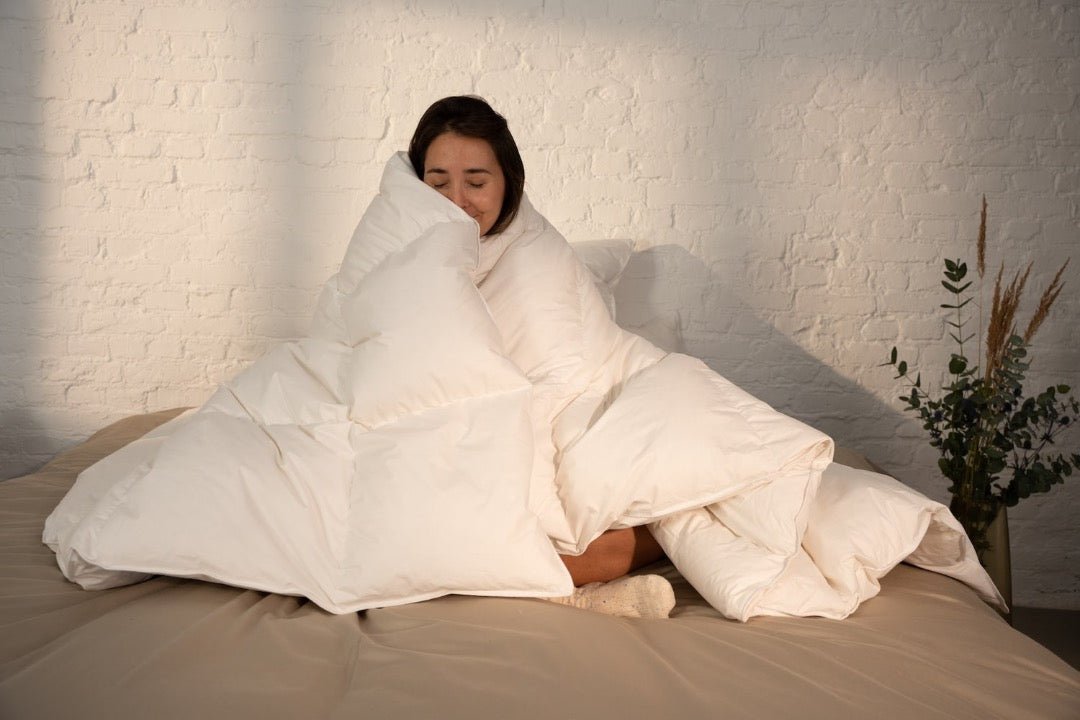



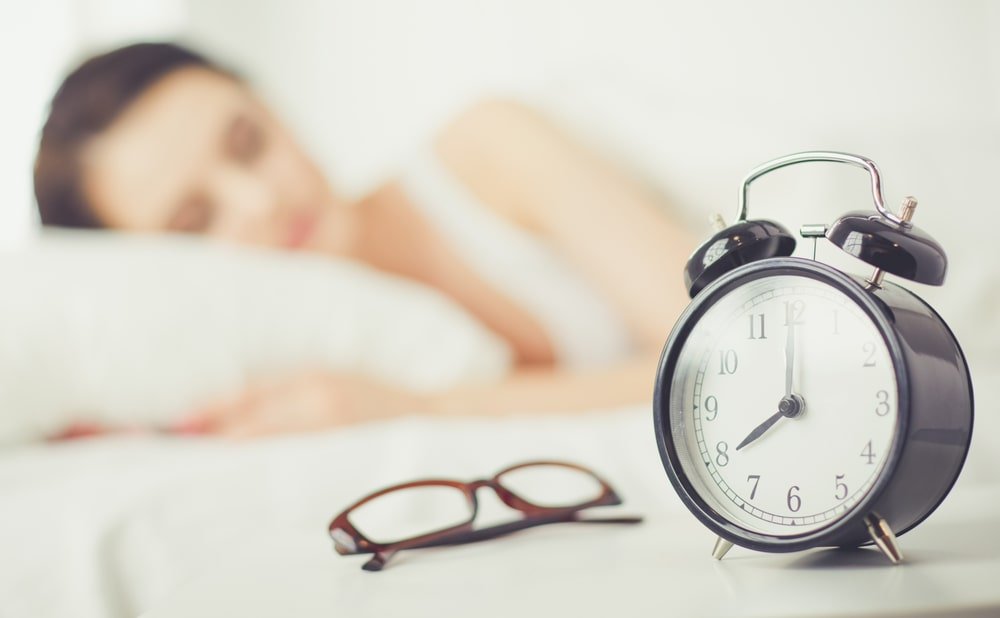




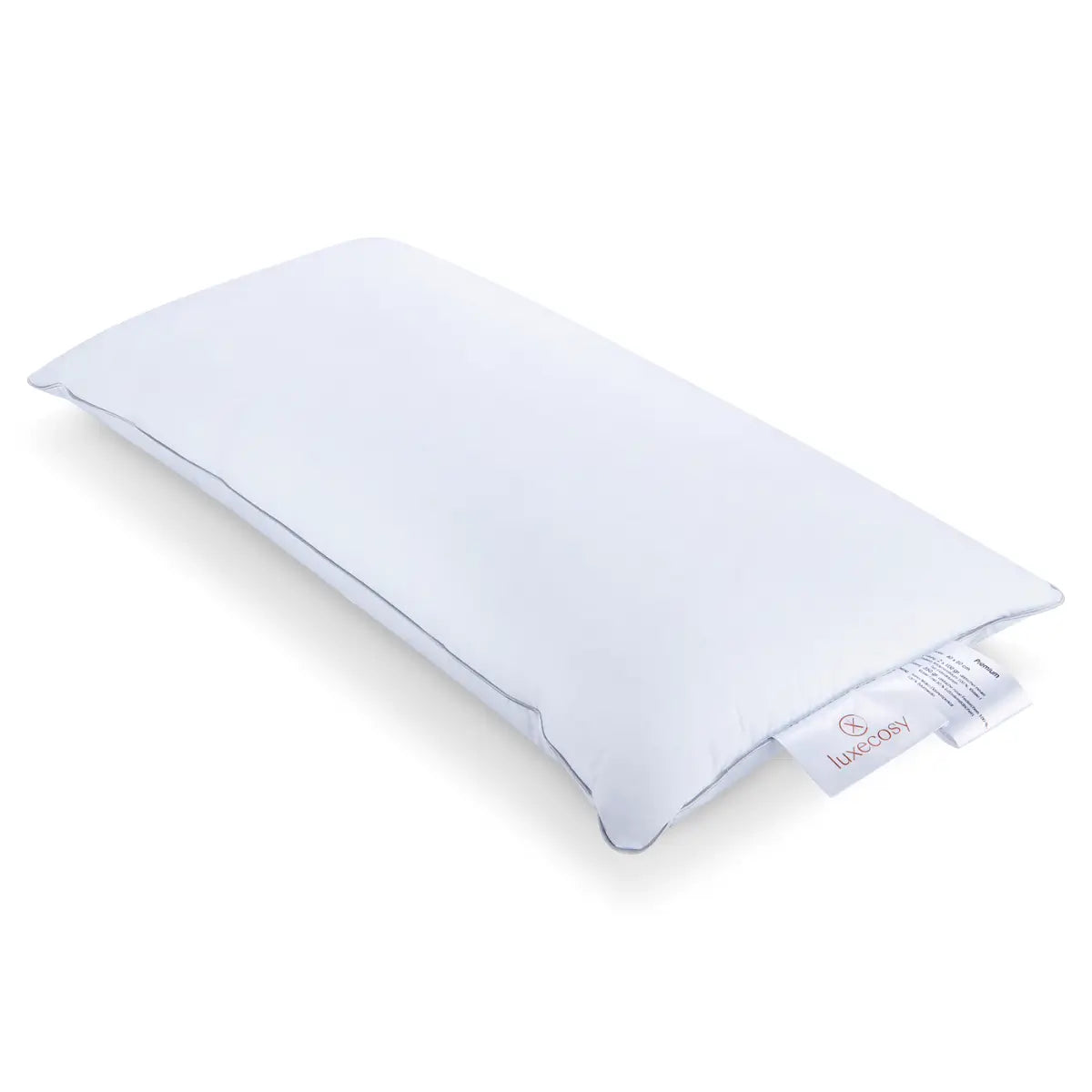
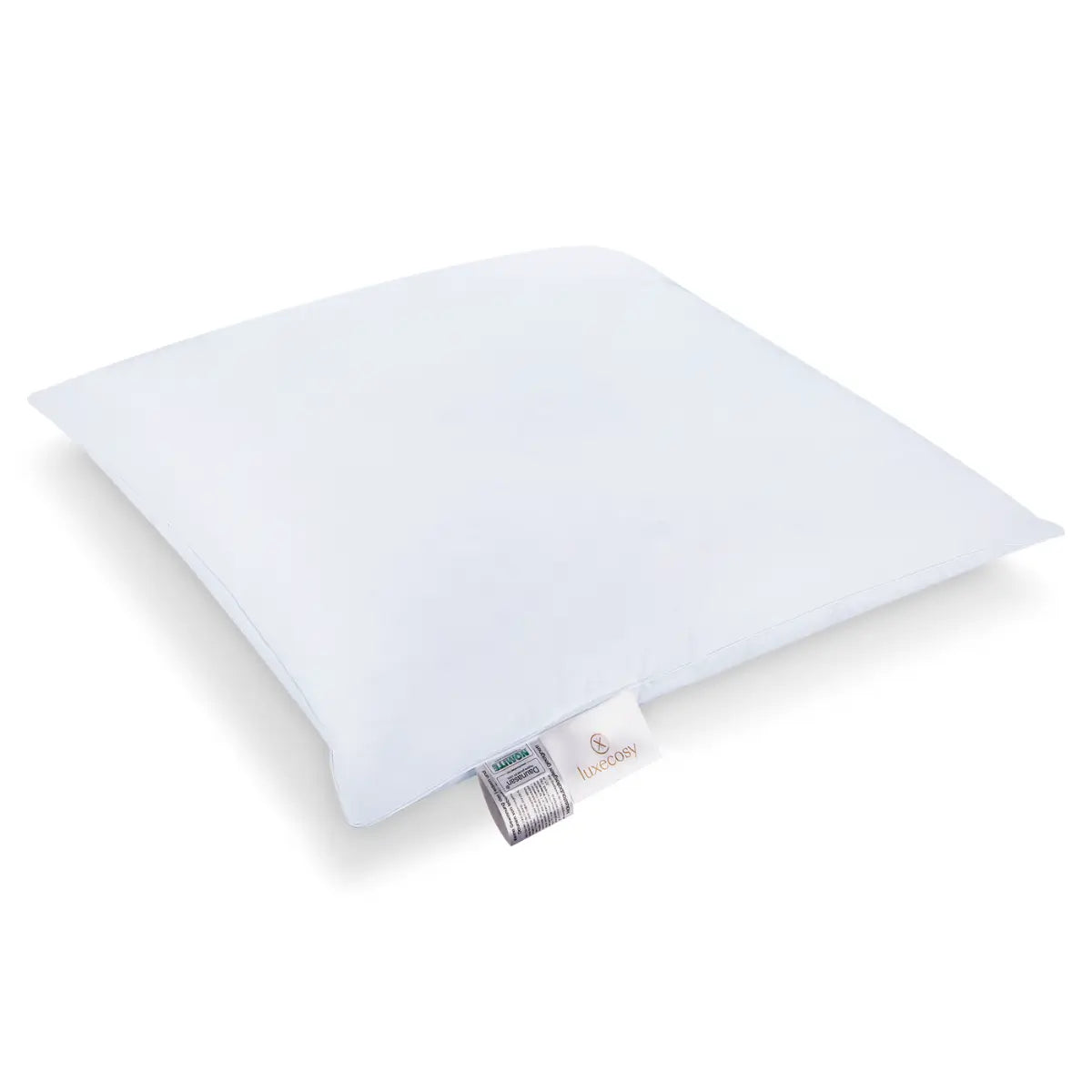




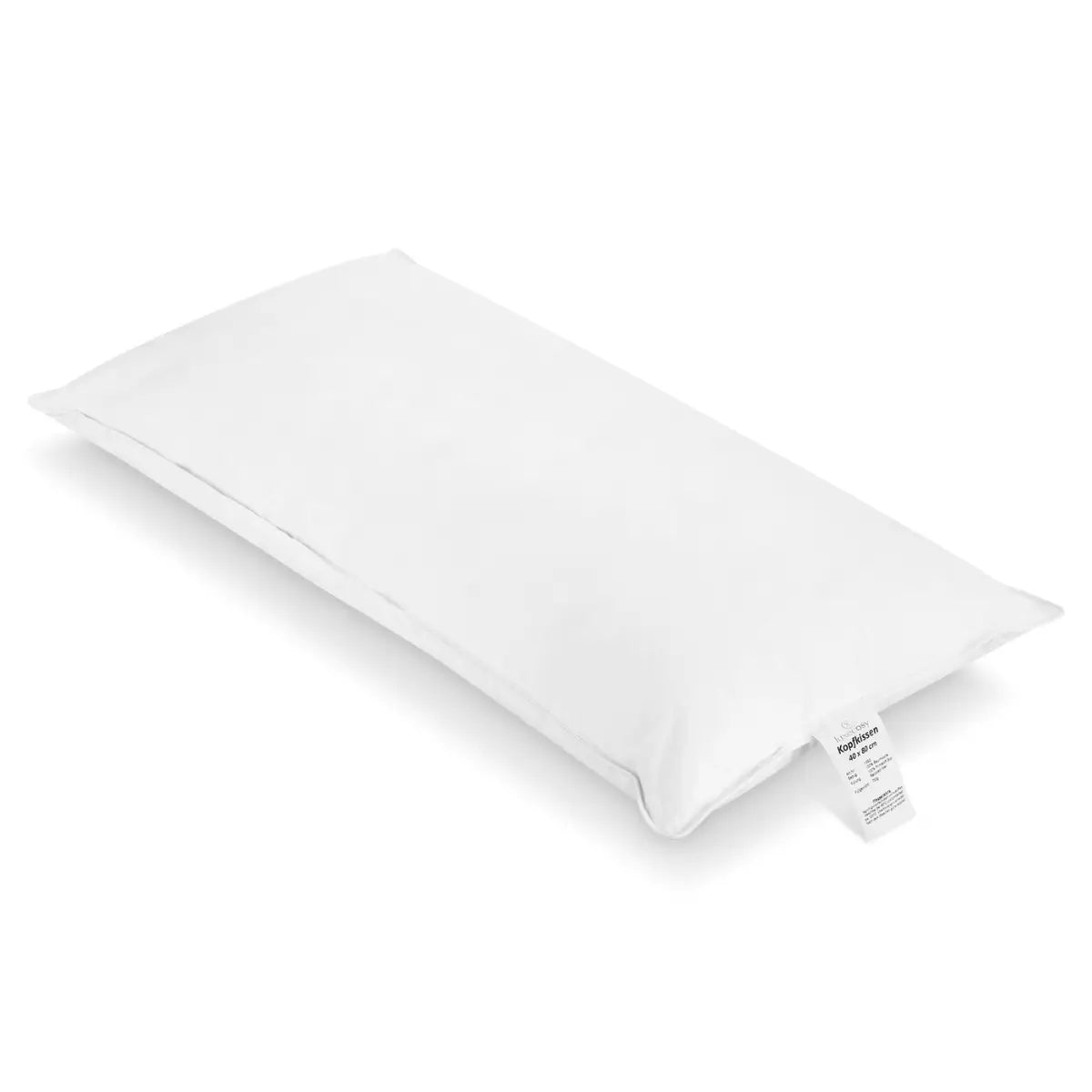

Leave a comment